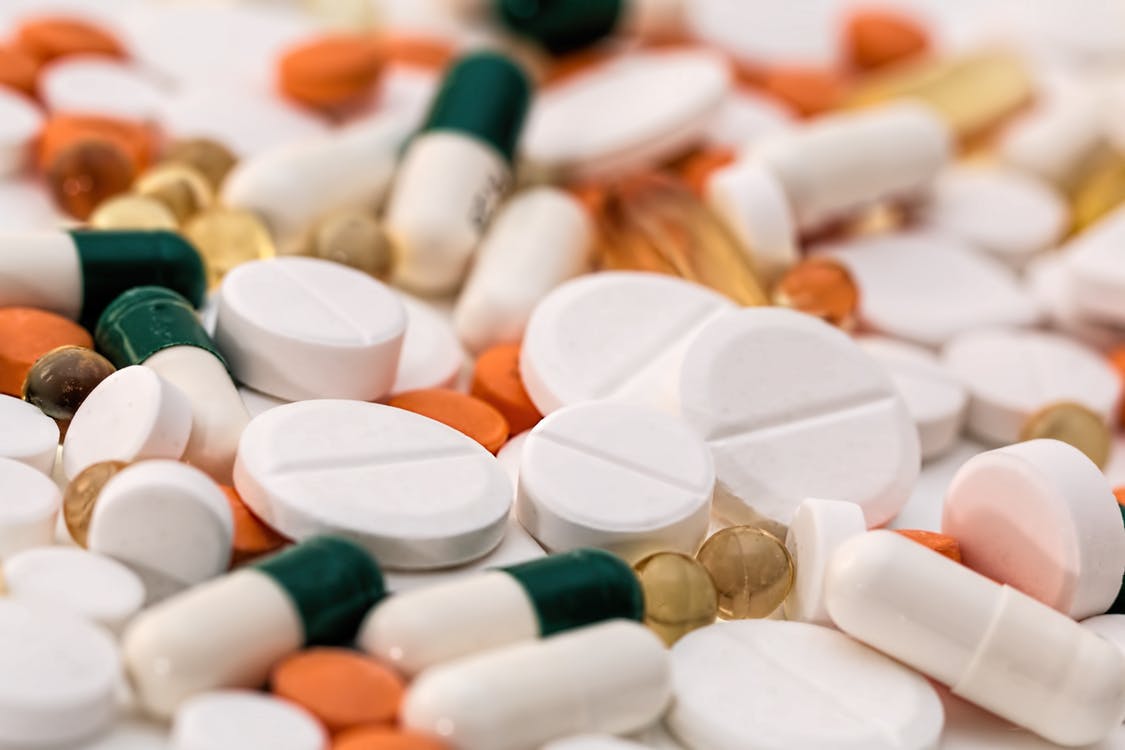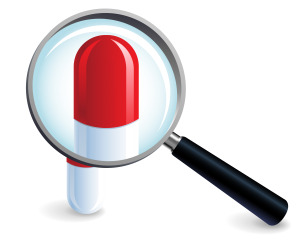Pharmacy errors

Sometimes innocent mistakes kill. What happens if you blunder on the job? The wrong part gets shipped, a customer complains and your boss screams. Not great, but not the end of time, either. On the other hand, what occurs when a there are pharmacy errors? Maybe you die.
According to Resource4PharmacyMalpractice.com, pharmacy errors kill almost 100,000 persons every year. These same mistakes injure in excess of 1.3 million people during the same period of time.
That’s the human cost and, of course, it’s the most important consideration, but death and injury aren’t the only damages sloppy pharmacy practices bring. In addition, medication errors might cost more than $29 billion per year, or the bill could run as high as $72 billion.
When you enter a pharmacy, you’ll probably dutifully fall into line, and chances are, it’ll be a very long one. A half an hour later when you finally reach the counter, you might feel quite irritated. That’s understandable but consider how the pharmacist experiences things, dealing with the never-ending crush of sick customers all day every day.
In other words, most pharmacies are busy, often extremely so, and the people who give you those life-saving or comfort-giving pills probably suffer from a great deal of fatigue and stress. That’s how mistakes happen.
Added to the crush of impatient patients, larger pharmacies might employ dozens of people who fill prescriptions. This increases the possibility of errors, which might injure you or worse.
On the other hand, these mistakes might not even hurt some lucky patients. For example, the pharmacist could mix up two brands of the same medication or switch one pill for another that does exactly the same thing.
For other customers, however, these pharmaceutical mishaps could maim or even kill if they fail to discover the errors. Imagine this. You arrive home and pry open your pill bottle. Unfortunately, you don’t realize that the pharmacist gave you an SSRI anti-depressant instead of the blood pressure lowering medication that you need. These types of pills often look very much alike.

Mistakes like that injure and even kill patients who rely on their pills to keep them alive and well every day of their lives. For that reason, we advise that you take the following steps each time you go to the pharmacy for the drugs that keep you comfortable, healthy and alive:
- Make a friend of your pharmacist if possible or at least get to know her. When she or her assistant notice you, they place a name with your face. They see you as a real live person like their spouse, mother or child, and they will treat your prescription accordingly.
- Go to this website, which helps you identify medicines. If you’re not sure whether you received the correct drug, or even if you are, take a picture of one of your pills. Upload it to your computer, place it where the program directs, answer some questions and, like magic, the site will tell you what pill you have. After that, you will know if, for example, you received an anti-depressant that looks like your blood pressure medication.
- Maybe, for some reason, you don’t like the site presented above. In that case, you might go here for a list of others that perform the same function.
- If you think that the pharmacist gave you the wrong pill or dosage, make sure to call and ask. You might even go back to the store and let her look again at the pills she gave you to ensure that they are correct. After all, it never hurts to double check, and it might kill not to.
- Consult your doctor. Talk to her whenever you switch a prescription or add one. Ensure that she knows the pharmacy you use. After that, contact your drug store to make sure that you receive the correct prescription and dose.
 In addition, when you’re getting a new drug or substituting one medicine for another, make sure that both your doctor and pharmacist know all the medicines you take.
In addition, when you’re getting a new drug or substituting one medicine for another, make sure that both your doctor and pharmacist know all the medicines you take.
After all, many people consume multiple drugs, and they might interact with each other in ways that could harm or even kill them. Compounding the problem, people see multiple specialists, and all of them whip out their prescription pads without knowing what other medicines they take. Don’t let that happen because bad drug interactions can sicken you.
Follow the simple suggestions in this article, and you might keep yourself safe and healthy by preventing your pharmacy from ever giving you the wrong medicine. If you suspect you have been the victim of pharmacy errors or prescription mistakes, please contact us at 773-779-9885 for a free consultation.

